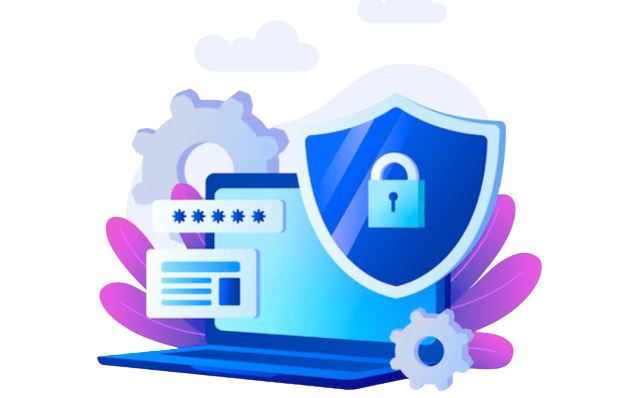Strengthening Your Defenses: Effective
Spear Phishing Prevention Measures
In today's digital age, cyber attacks are becoming increasingly sophisticated and targeted. Spear phishing attacks, in particular, have become a prevalent threat to businesses and individuals alike. Unlike traditional phishing attacks, which rely on mass emails to trick unsuspecting victims into divulging sensitive information, spear phishing attacks are highly targeted and tailored to specific individuals or organizations. Attackers use social engineering techniques to gather information about their targets and craft convincing emails that appear legitimate, making it difficult for even the most cautious individuals to identify them as fraudulent.
The consequences of falling victim to a spear phishing attack can be severe, ranging from loss of sensitive data to financial loss and reputational damage. To combat this growing threat, organizations must take proactive measures to strengthen their defenses against spear phishing attacks. In this blog post, we'll explore some effective spear phishing prevention measures that businesses and individuals can implement to protect themselves against these sophisticated attacks. To find out more about spear phishing prevention, visit our webpage.
What Is Meant By Spear Phishing Attacks?
Spear phishing attacks, known for their high level of targeting and sophistication, frequently evade conventional security systems. In contrast to general phishing attempts that aim to trap unaware victims in large numbers, spear phishing attacks are customized to exploit the specific weaknesses of individuals.

The assailants dedicate time to investigating their targets, gathering information from diverse sources like social media, professional networks, or leaked data from prior breaches.
Using this knowledge, they craft personalized emails or messages that seem authentic and persuade the targets into disclosing sensitive information, clicking on harmful links, or downloading malicious attachments.
Ways To Enhance Your Defenses Through Preventive Measures:
1. Raising Employee Awareness And Providing Training:
To combat spear phishing attacks effectively, it is crucial to prioritize education. Regular training sessions should be conducted to enlighten employees on the latest phishing techniques, ways to recognize suspicious emails, and the significance of verifying requests for sensitive information. It is essential to foster a culture where employees feel encouraged to promptly report any emails that raise suspicion.
2. Introduce Multi-Factor Authentication (MFA):
By implementing multi-factor authentication, an additional level of security is incorporated as users are required to present multiple forms of identification. Enabling MFA ensures that even if a malicious individual obtains login credentials, they would still require further verification, such as a distinct code sent to a mobile device, in order to gain entry.
3. Enhance The Level Of Security For Your Emails:
Utilize strong email filtering systems capable of identifying and preventing harmful emails. Incorporate authentication technologies such as SPF, DKIM, and DMARC to verify the legitimacy of emails and thwart any attempts at email spoofing.
4. Consistent Software Updates And Patching Are Necessary:
Ensure that all software and applications are regularly updated with the latest security patches, as outdated software frequently harbors vulnerabilities that can be exploited by attackers for unauthorized system access or malware injection.
5. Exercises Simulating Phishing Scenarios:
Evaluate employees' preparedness and awareness by regularly conducting phishing simulation exercises within your organization. By sending fake phishing emails to employees and monitoring their responses, these exercises aim to identify areas that need improvement and customize further training accordingly.

6. Effective Password Policies Are Characterized By Their Strength:
Implement strict password policies that require a mix of uppercase and lowercase letters, numbers, and special characters. Urge staff to create distinct passwords for every account and contemplate adopting password managers to aid in secure password management.
7. Backing Up Regularly Is Important:
To minimize the impact of a successful spear phishing attack or any other data loss, it is important to have an effective backup strategy in place. Regularly backing up critical data ensures that essential information can be restored, providing up-to-date backups for such situations.
8. Promote A Sense Of Watchfulness And Skepticism:
Promote a mindset of alertness and caution within your company.
- To exercise caution before clicking on links,
- Opening attachments, or
- Disclosing sensitive data, particularly when the request appears uncommon or unforeseen.
Overall, spear phishing is a serious threat that can result in significant financial and reputational damage for organizations. However, by implementing effective prevention measures, such as employee training, multi-factor authentication, and anti-phishing software, organizations can significantly reduce their risk of falling victim to these attacks. It is crucial to stay vigilant and proactive in protecting against spear phishing, as the threat landscape is constantly evolving. By staying ahead of the curve and implementing best practices, organizations can strengthen their defenses and safeguard their sensitive data and assets.